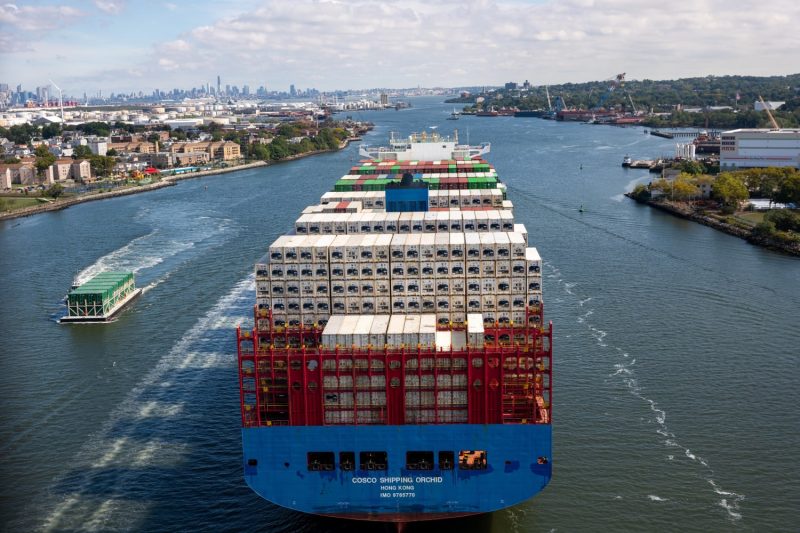Tens of thousands of longshoremen went on strike at midnight ET, shutting down major ports along the East and Gulf coasts and choking off deliveries of everything from produce to auto parts.
Consumers aren’t likely to feel the pinch unless a walkout lasts for multiple weeks, because businesses and logistics firms took pre-emptive steps to blunt the impact with the holiday shopping season about to kick off. But a work stoppage could still cost the U.S. economy anywhere from several hundred million dollars to $4.5 billion a day, analysts and business groups say. Costs from redirecting goods along longer routes would be passed on to consumers.
The ports handle about half the ocean imports in the U.S. Varying estimates say the strike encompasses 25,000 to 50,000 members of the International Longshoremen’s Association. All told, the ILA has 85,000 members. Union leaders argue that big global cargo carriers have raked in huge profits since pandemic-era supply-chain snags drove up freight rates, saying workers haven’t sufficiently shared in those gains.
In a video posted to an ILA Instagram account, Harold J. Daggett addressed union workers at Maher Terminals in Elizabeth, New Jersey.
‘This is going down in history what we’re doing here,’ he said.
‘They can’t survive too long,’ he added.
The strike caps months of heated rhetoric between the union and the United States Maritime Alliance, or USMX, which represents major ocean freight and port operators. The union is seeking raises, as well as limits on automation at ports that it says could cost jobs. The two sides hadn’t negotiated in the days leading up to the potential stoppage.
“The Ocean Carriers represented by USMX want to enjoy rich billion-dollar profits that they are making in 2024, while they offer ILA Longshore Workers an unacceptable wage package that we reject,” the union said in a statement Monday.
The USMX, meanwhile, said that it had been exchanging offers with the union and had hoped to avoid a work stoppage.








